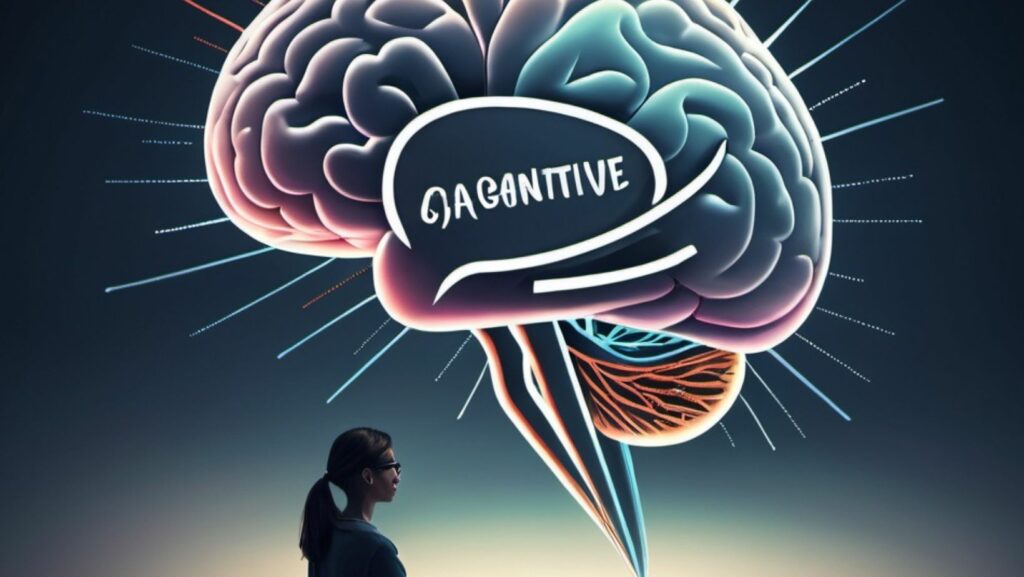In a fast-paced world filled with constant distractions, the UC San Diego Center for Mindfulness stands out as a beacon of tranquility and personal growth. This innovative center offers a range of programs designed to cultivate mindfulness and promote mental well-being. With its evidence-based approach, it empowers individuals to navigate life’s challenges with greater ease and resilience.
Founded on the principles of mindfulness, the center combines research with practical applications, making it a valuable resource for anyone seeking to enhance their mental clarity and emotional balance. From workshops to retreats, the UCSD Center for Mindfulness invites participants to explore the transformative power of mindfulness, providing tools to foster a deeper connection with themselves and the world around them.
UCSD Center For Mindfulness
The UCSD Center For Mindfulness serves as a hub for cultivating mindfulness and enhancing personal growth. It provides programs designed to foster mental well-being through evidence-based strategies.
History and Establishment
The UCSD Center for Mindfulness originated in 2007, with a focus on integrating mindfulness into the broader context of health and well-being. Founded by Dr. Zindel Segal and a team of researchers, it merged rigorous academic study with practical mindfulness applications. Subsequent years saw the growth of its programs, including Mindfulness-Based Stress Reduction (MBSR) and Mindful Self-Compassion (MSC), establishing it as a leader in the field.
Mission and Vision
The center’s mission emphasizes improving mental health and well-being through mindfulness practices. It strives to provide individuals with tools to navigate stress and challenges effectively. The vision encompasses creating a compassionate society where mindfulness is accessible, leading to enhanced emotional resilience and community well-being. Through research and outreach, the center aims to promote mindfulness as an essential component of modern life.
Programs Offered
The UC San Diego Center for Mindfulness offers a range of programs designed to enhance mental well-being through structured mindfulness practices. These evidence-based programs provide participants with tools to manage stress and foster emotional resilience.
Mindfulness-Based Stress Reduction (MBSR)
Mindfulness-Based Stress Reduction (MBSR) serves as a foundational program at the center, aiming to reduce stress and improve overall well-being. This eight-week course combines mindfulness meditation, body awareness practices, and mindful movement, allowing participants to cultivate present-moment awareness. MBSR has demonstrated effectiveness in various populations, including those managing chronic pain and anxiety. Regular practice can lead to improved emotional regulation and a greater sense of calm.
Mindfulness-Based Cognitive Therapy (MBCT)
Mindfulness-Based Cognitive Therapy (MBCT) integrates cognitive therapy principles with mindfulness strategies. This program targets individuals experiencing recurrent depression and anxiety. MBCT teaches participants to recognize negative thought patterns and manage their emotional responses. Through guided meditations and interactive exercises, participants develop skills to break the cycle of depressive relapse. The program’s structured approach fosters awareness and acceptance, promoting lasting emotional well-being.
Benefits of Mindfulness Practices
Mindfulness practices offer significant benefits for both mental and physical health, promoting overall well-being and resilience. Through structured programs like those at the UC San Diego Center for Mindfulness, participants gain valuable insights into managing stress and enhancing their quality of life.
Mental Health Improvements
Mindfulness practices reduce anxiety and depression by fostering awareness of thoughts and emotions. Research indicates that individuals who engage in mindfulness experience improved emotional regulation and decreased incidences of mood disorders. Participants in programs like Mindfulness-Based Stress Reduction (MBSR) report greater emotional resilience and stable moods. Mindfulness also enhances self-compassion, which plays a crucial role in mitigating the effects of negative self-talk and fostering a more positive self-image. Overall, these practices cultivate a supportive mindset, empowering individuals to navigate life’s challenges with greater ease.
Physical Health Benefits
Mindfulness practices contribute to physical health improvements, including better stress management and enhanced immune functioning. Studies show that engaging in mindfulness meditation lowers cortisol levels—reducing stress responses in the body. Participants often notice alleviation of symptoms related to chronic pain and improved sleep quality. Furthermore, regular mindfulness practice can lead to healthier lifestyle choices, such as better nutrition and increased physical activity, promoting long-term health benefits overall. Research supports these outcomes, as many individuals experience improved cardiovascular health and lower blood pressure through consistent practice.
Community Engagement
The UC San Diego Center for Mindfulness actively fosters community engagement through various initiatives that promote mindfulness and well-being. By offering workshops, retreats, and collaborative research opportunities, the center amplifies its impact on the community.
Workshops and Retreats
The center hosts diverse workshops and retreats designed to deepen mindfulness practice and enhance personal growth. Each workshop focuses on different aspects of mindfulness, including stress reduction, emotional regulation, and self-compassion. Participants engage in guided meditations, group discussions, and practical exercises, allowing for experiential learning. The retreats, often held in serene environments, provide an immersive experience where individuals can disconnect from daily stressors and cultivate mindfulness over extended periods. These programs target a range of participants, from beginners seeking an introduction to mindfulness to seasoned practitioners looking to refine their skills.
Research and Development
Research and development play a crucial role in advancing the center’s mission. The UC San Diego Center for Mindfulness collaborates with academic institutions to study the effects of mindfulness on mental health and well-being. Ongoing studies focus on measuring outcomes related to anxiety, depression, and stress resilience among participants in various programs. Furthermore, the center incorporates evidence-based practices into its curriculum, ensuring that programs remain aligned with the latest scientific findings. By disseminating this research through publications and conferences, the center contributes to the broader understanding of mindfulness and its benefits, enhancing its reputation as a leader in the field.
Testimonials and Success Stories
Participants at the UC San Diego Center for Mindfulness share transformative experiences that underline the effectiveness of its programs. Their narratives highlight significant personal growth and lasting changes in coping strategies.
Participant Experiences
Participants frequently report profound shifts in their mental well-being. Many individuals describe their journey with Mindfulness-Based Stress Reduction (MBSR), noting a notable decrease in stress levels. For example, one participant stated, “I feel calmer and more centered,” reflecting the emotional stability gained through the program. Others mention improved focus and clarity, with one saying, “Mindfulness practice has allowed me to engage fully in the present moment.” Testimonials often spotlight the supportive community environment, where individuals feel safe to explore their mindfulness practices.
Clinical Outcomes
Clinical outcomes from the center’s programs consistently reflect significant improvements in mental health metrics. Research indicates that participants in the Mindfulness-Based Cognitive Therapy (MBCT) program experience a substantial reduction in depressive symptoms. Data reveal that 80% of participants report decreased anxiety levels and heightened emotional regulation following the program. Studies conducted at the center show an average decrease in perceived stress scores by 30% within eight weeks of MBSR training, underscoring the efficacy of mindfulness tools in promoting well-being. Clínica evaluations confirm that skills acquired through these programs help individuals manage chronic conditions, demonstrating the center’s commitment to evidence-based practices.
Beacon of Hope and Healing
The UC San Diego Center for Mindfulness stands as a beacon of hope and healing in today’s fast-paced world. Its commitment to integrating research with practical mindfulness applications provides individuals with essential tools for managing stress and enhancing emotional well-being. Through programs like Mindfulness-Based Stress Reduction and Mindful Self-Compassion, participants can experience transformative benefits that extend beyond the classroom.
As the center continues to foster a compassionate community, its impact resonates through countless lives, promoting resilience and mental clarity. Embracing mindfulness not only enriches personal growth but also contributes to a healthier society. Engaging with the center’s offerings can lead to profound shifts in how individuals perceive and navigate their challenges, ultimately paving the way for a more mindful and balanced life.



